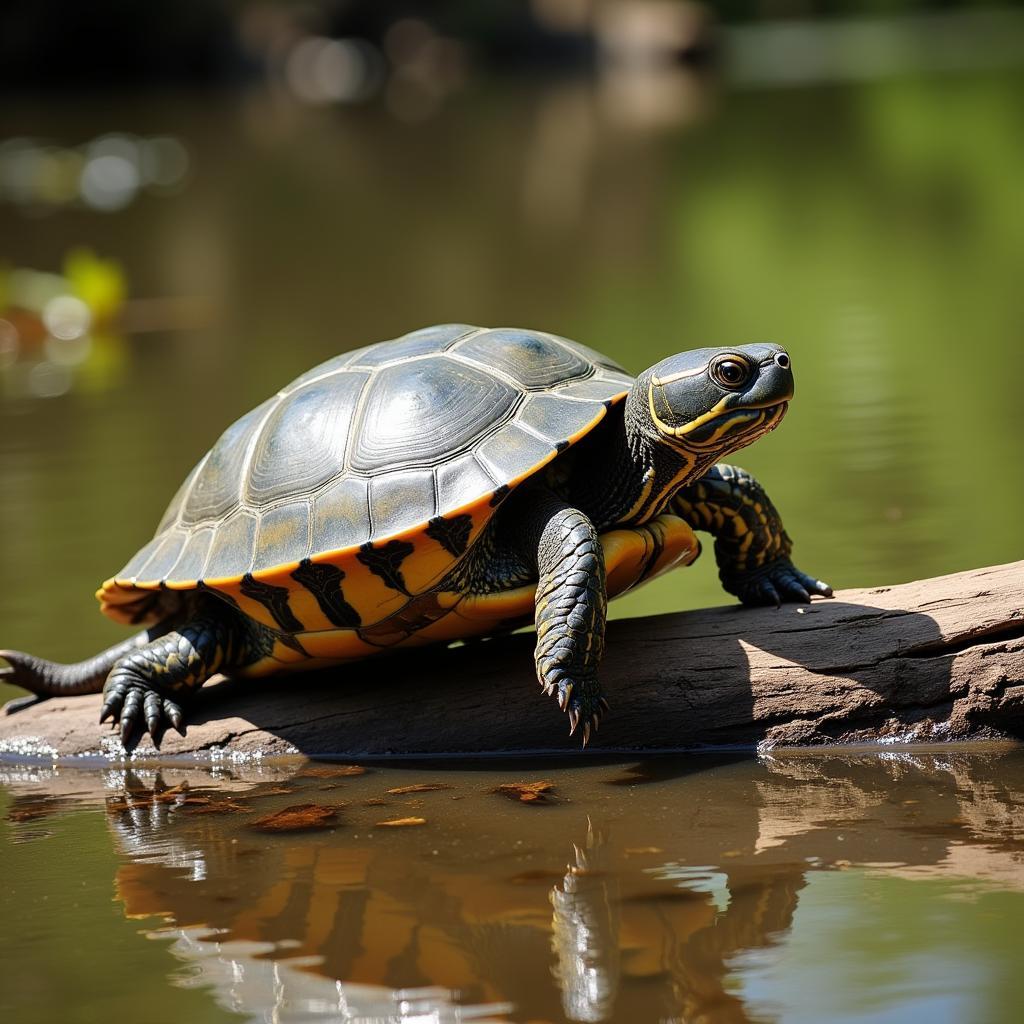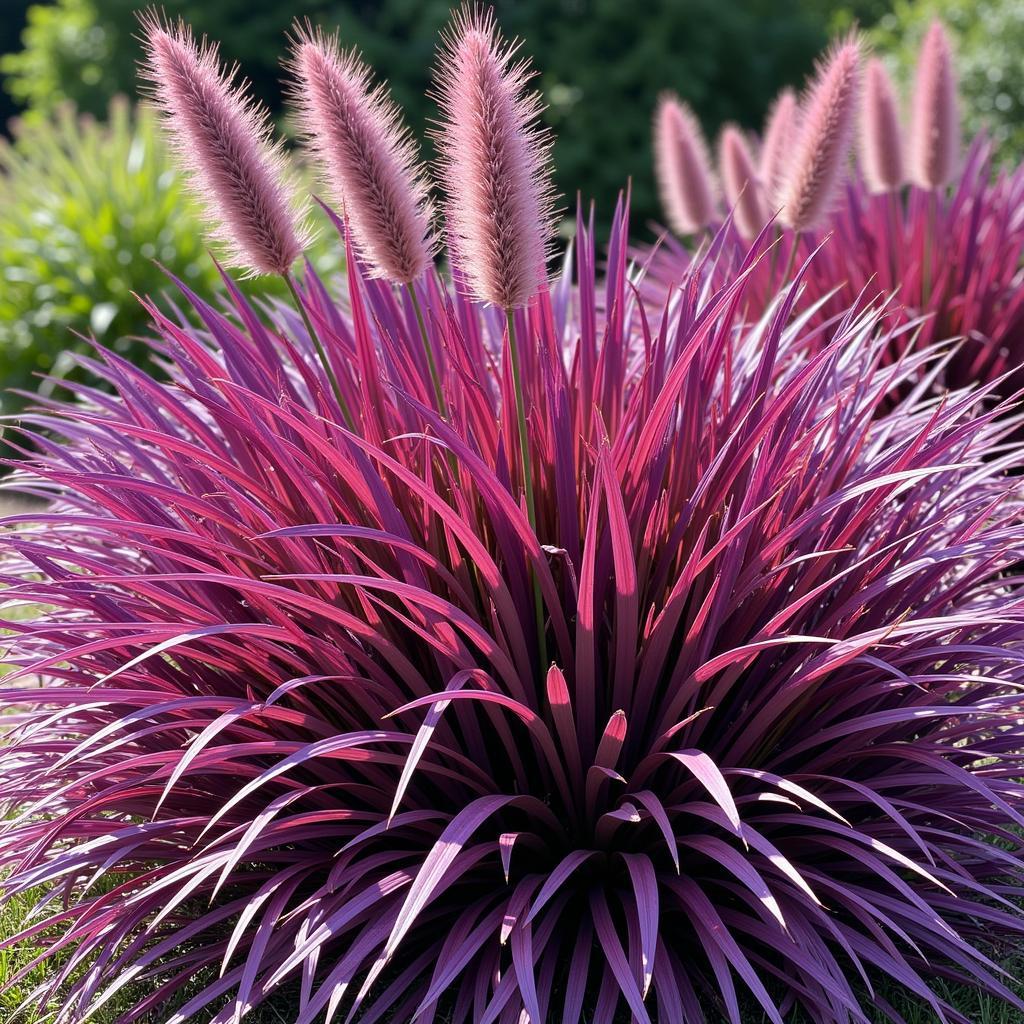The African Helmeted Turtle: A Comprehensive Guide
The African Helmeted Turtle, also known as the marsh terrapin, is a fascinating species native to sub-Saharan Africa. This comprehensive guide will delve into the unique characteristics, habitat, diet, and care requirements of these intriguing reptiles. We will explore their importance in the ecosystem and the challenges they face.
Understanding the African Helmeted Turtle
African helmeted turtles are known for their highly domed shells, which provide protection from predators. They are relatively small, typically reaching a maximum size of about 10 inches. These turtles are highly adaptable and can be found in a variety of aquatic habitats, from slow-moving rivers and swamps to temporary pools and even roadside ditches. Their ability to tolerate a wide range of water conditions makes them a resilient species. They are predominantly carnivorous, feeding on insects, snails, fish, and amphibians. Their strong jaws allow them to crush the shells of their prey.
Do you know what makes the African helmeted turtle so unique? Their ability to retract their head sideways into their shell, a feature that distinguishes them from other turtle species. This defensive mechanism helps them avoid predators and adds to their distinctive appearance.
 African Helmeted Turtle Retracting Head
African Helmeted Turtle Retracting Head
Habitat and Distribution of the African Helmeted Turtle
The African helmeted turtle thrives in a diverse range of freshwater habitats across sub-Saharan Africa. They are known to inhabit slow-moving rivers, lakes, swamps, marshes, and even temporary pools. Their adaptability allows them to survive in areas with fluctuating water levels. However, they are facing increasing threats due to habitat loss and degradation, primarily caused by human activities such as agriculture and urbanization. Conservation efforts are crucial to protect these turtles and their natural habitats. Do you want to learn more about their size? Check out this insightful article: African helmeted turtle size.
What regions are home to the African helmeted turtle? Their distribution spans across a large part of sub-Saharan Africa, including countries like Angola, Botswana, Democratic Republic of Congo, Kenya, Madagascar, Malawi, Mozambique, Namibia, South Africa, Tanzania, Zambia, and Zimbabwe.
 African Helmeted Turtle in Natural Habitat
African Helmeted Turtle in Natural Habitat
Caring for an African Helmeted Turtle
Keeping an African helmeted turtle as a pet requires a proper understanding of their needs. A spacious aquarium with both land and water areas is essential. The water should be clean and well-filtered, with a basking area provided for the turtle to dry off and regulate its body temperature. A varied diet consisting of commercial turtle pellets, insects, and occasional leafy greens is necessary for their health. Is the African helmeted turtle a tortoise? Learn the difference: African helmeted turtle tortoise.
What are the key considerations for housing an African helmeted turtle? A large tank with a secure lid is essential, as these turtles are known for their climbing abilities. Maintain appropriate water temperature and pH levels, and provide a basking spot with a heat lamp. Regular cleaning and maintenance of the tank are crucial for their health and well-being.
The African Helmeted Turtle: Diet and Feeding Habits
African helmeted turtles are primarily carnivorous, with their diet consisting mainly of insects, snails, small fish, and amphibians. They have powerful jaws that enable them to crush the shells of their prey. Occasionally, they may also consume some plant matter. If you’re looking to buy one, finding a reputable seller is key: African aquatic sideneck turtle for sale.
What do African helmeted turtles eat in the wild? Their natural diet includes a variety of aquatic invertebrates, such as insects, crustaceans, mollusks, and small vertebrates like fish and tadpoles. They play a vital role in controlling insect populations and maintaining the balance of the aquatic ecosystem.
 African Helmeted Turtle Eating Insect
African Helmeted Turtle Eating Insect
Conclusion: Appreciating the African Helmeted Turtle
The African helmeted turtle is a fascinating creature that plays a crucial role in its ecosystem. By understanding their needs and challenges, we can contribute to their conservation and ensure their survival for future generations. Learning about their unique characteristics and habitat allows us to appreciate the diversity and importance of African wildlife.
FAQs
- What is the lifespan of an African helmeted turtle? They can live for 20-30 years in captivity with proper care.
- Are African helmeted turtles aggressive? They can be territorial, especially towards other turtles.
- Can I keep multiple African helmeted turtles together? It is recommended to house them separately to avoid aggression.
- What is the ideal temperature for an African helmeted turtle enclosure? The water temperature should be between 75-80°F, and the basking area should be around 90-95°F.
- Do African helmeted turtles hibernate? They may enter a period of brumation during cooler months.
- What are the signs of a healthy African helmeted turtle? A healthy turtle will have clear eyes, a smooth shell, and an active appetite.
- How often should I clean my African helmeted turtle’s tank? Regular partial water changes and full tank cleanings are necessary to maintain water quality.
Dr. Anika Malima, a herpetologist specializing in African reptiles, emphasizes the importance of responsible pet ownership: “It’s vital to research and understand the specific needs of the African helmeted turtle before bringing one home. Providing a suitable environment and proper care is essential for their well-being.”
Professor Abasi Okoro, a leading expert in African turtle conservation, adds: “Habitat loss is a major threat to the survival of the African helmeted turtle. Supporting conservation efforts and protecting their natural habitats is crucial for their long-term survival.”
Other Potential Questions:
- How can I sex an African helmeted turtle?
- What are common health problems in African helmeted turtles?
- What plants are safe for an African helmeted turtle enclosure?
Further Reading:
- African Turtle Conservation Programs
- Aquatic Turtle Care Guides
Need assistance? Contact us 24/7: Phone: +255768904061, Email: kaka.mag@gmail.com or visit us at: Mbarali DC Mawindi, Kangaga, Tanzania.


